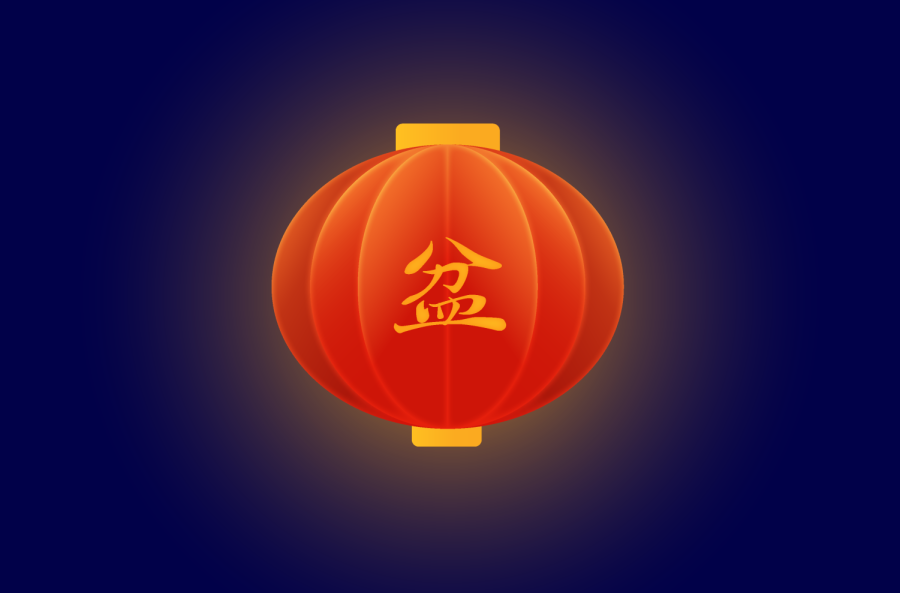JSA Hosts Second Annual Obon After Preparing for a Year
The Japanese Student Association (JSA) recently hosted their second annual but first in-person Obon, a Buddhist festival consisting of rich culture and dance. “Shinsei,” the theme of JSA’s Obon, means “rebirth” and symbolizes the club’s growth and revival after the COVID-19 pandemic.
The JSA club at Seattle University revived the program this year, having biweekly meetings, fundraisers and selling hoodies and t-shirts. They worked meticulously to organize vendors and find performers to make the event worthwhile for Obon.
Grace Nguyen, a second-year cellular and molecular biology major and secretary of the JSA, explained the process of bringing this event to fruition.
“Megan and Mark, our co-chairs, started planning in the summer,” Nguyen said. “During the summer, they came up with a timeline and had an idea of what they wanted this event to be. [There was] some trial and error, but it’s all coming together right now, which is lovely.”
Several hundred students of all backgrounds attended the event which was held at the Seattle U Quad on Saturday, May 14.
Third-year Computer Science major Andrew Varela was most excited for the food stalls that lined the sides of the Quad.
“It looks really good, so I’m excited to try it. Also, I’m happy to be around friends and experience all the cool events like the games,” Varela said.
Obon celebrates and honors ancestors and loved ones who have passed away. Revolving around the belief that the spirits of our dead loved ones come back to visit, Obon is a time of reflection.
Usually taking place in mid-August, Obon festival times vary from region to region. The festival and holiday generally lasts for four days and includes food, entertainment and dancing.
This year, the Seattle Betsuin Buddhist Temple will be hosting their 90th annual Bon Odori festival event on July 16 and 17.
JSA President and Fourth-year Business Analytics and Accounting double major Ryan Ogi explained that outside of a university context, Obon is usually more centered on the Buddhist spirituality from which it springs. For that reason, JSA invited the minister from the local Buddhist church.
“Obon is supposed to be a time to bring a lot of joy to those who are alive and those who have passed before us,” Ogi said.
During Obon, lanterns are hung in front of houses to help guide departed ancestors back to their homes. Visiting and cleaning graves of loved ones is another important practice. Offerings known as “ozen” are placed in front of temples and gravesites to unite the dead with the living.
The JSA had an immense amount of games and prizes at their festival including ring toss and gachapon, which is a game based on vending machines dispensing random capsule toys. They also had a photo booth and food, such as yakisoba, takoyaki, karaage and shaved ice.
“I think the food committee went really in depth with their recipes and they were testing like crazy,” Ogi said. “What they are presenting is the best authentic product we can have. I’m excited to try the takoyaki, which is an octopus dumpling with bonito flakes and mayo.”
“Bon Odori,” one of the highlights of Obon, is a way to dance with the spirits of dead loved ones. Seattle U’s Obon featured three dances, led by JSA members. All were welcome to join the elegant ritual and follow the lead of the more experienced dancers.
Obon is popular and has been practiced for decades because it honors our ancestors but also focuses on joy, reflection and gratitude for being alive. It is a celebration of life and a way to appreciate our backgrounds and the loved ones who have passed before us.


